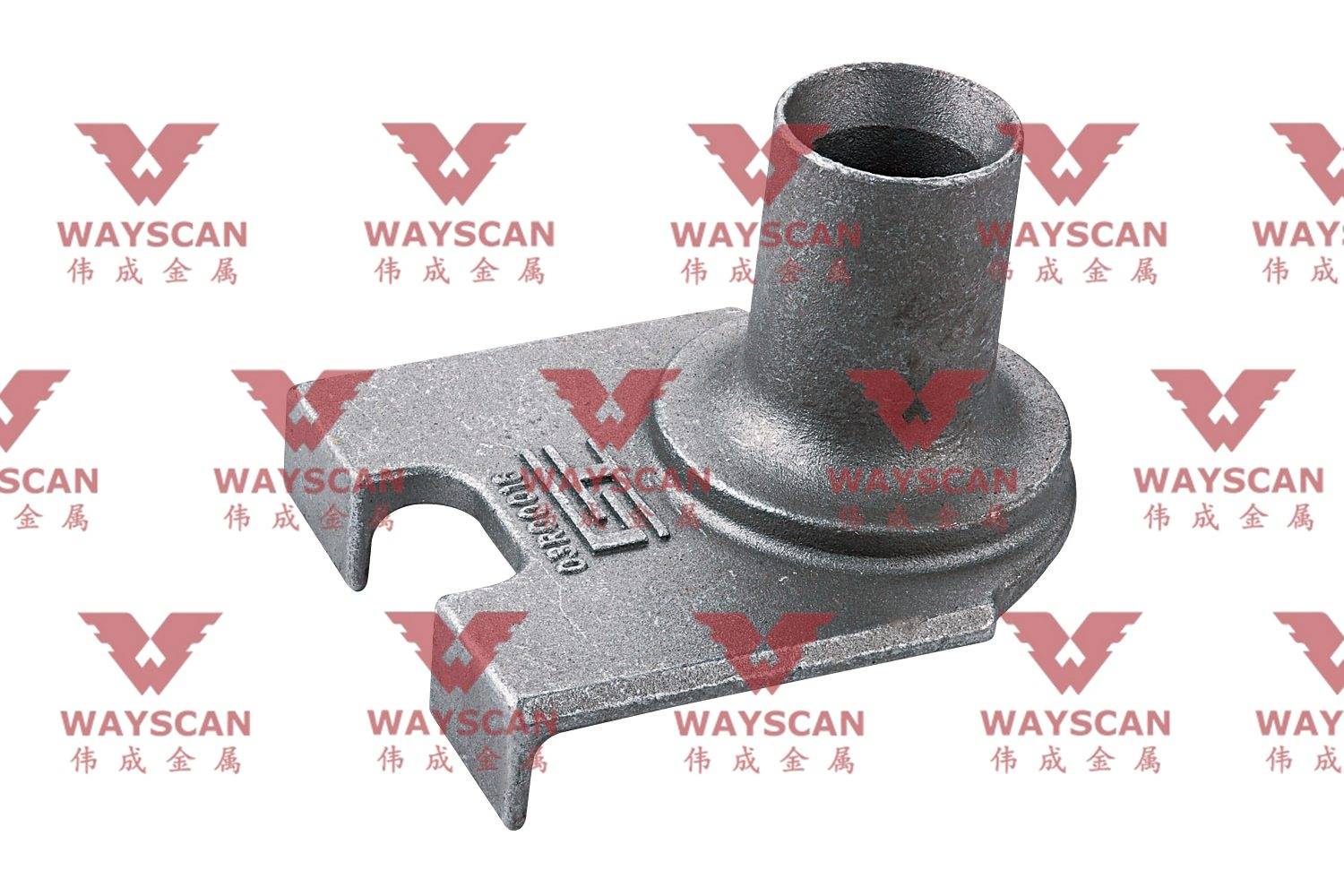Peter Jacobs | Posted on October 21, 2022 |
Aluminum, a widely used material option for CNC machines, contains many practical characteristics and properties. Its strength makes it perfect for use in mechanical parts. The oxidized layer on its surface protects them from the environment. For these reasons, aluminum components can prove useful in a broad spectrum of industrial products. This includes automobiles, aircraft, healthcare facilities and consumer electronics goods. Mining Casting Part

There are further benefits unique to aluminum that make CNC machining more effortless and effective. In this article, you’ll learn why aluminum CNC machining is among the most high-demand techniques in prototyping and manufacturing services.
Does your company have an aluminum buying strategy based on current aluminum price trends?
Aluminum’s ease with machining proves a significant draw for engineers looking to produce machined components. It helps both the company that needs the part made and the consumers who end up using it.
CNC machine tools can make quick and precise cuts in aluminum because the metal chips easily conform to a wide range of shapes. This has two significant implications:
Because of this, the machines perform more accurately, depict higher repeatability, and are able to achieve tighter tolerances (as thin as 0.025 mm).
Annual aluminum contract renewals are coming for 2023. How can you negotiate the best prices and get the most cost-downs in falling metal markets? Attend MetalMiner’s November workshop 2023 Metal Contracting Strategies, register here.
Because aluminum is so versatile, several alloys have been developed from it. Each alloy has unique properties and applications.
There are a total of nine series in aluminum alloys; a separate thousand-series number denotes each one. After that, it’s divided by another digit.
A few of the most prominent aluminum grades include:
Aluminum and other commodity markets are constantly shifting. Get all of the latest updates with MetalMiner’s weekly newsletter.
Aluminum lies amongst the most suitable metals for mechanical and aesthetic applications due to its favorable physical properties. The greater strength of the metal and the fact that it is lightweight are among the material’s essential characteristics. They also make it desirable for critical manufacturing components like those in the automotive and aerospace industries. Aluminum’s optimum strength-to-weight ratio allows it to be effectively machined into a variety of parts; some examples of these items include automotive shafts and aircraft fittings.
Aluminum is an excellent option if corrosion resistance is a priority. However, this property varies with grade. The metal and its alloys share an optimum oxygen affinity level. While more reactive metals, like magnesium, oxidize quickly, lesser reactive ones, like iron and steel, create a loose oxide coating.
Aluminum, on the other hand, generates an oxide passivation layer when exposed, sealing the surface against further oxidation and degradation. Due to the self-healing nature of this layer, the materials do not necessarily require repainting or surface treatments. This saves you money during both production and maintenance. What’s more, aluminum’s intrinsic resistance to corrosion can be further enhanced through anodizing.
Because of its reasonable price and lightweight nature, electrical systems are commonly built using aluminum. It is also employed for applications like battery cables, connectors, and busbars, specifically in automotive and electric vehicle settings. And, owing to its high thermal conductivity, aluminum is frequently utilized for heat sinks and other forms of heat dissipation.
Aluminum’s high recyclability proves an additional perk that appeals to businesses that aspire to reduce their ecological footprint or that simply want to cut down on wasteful practices and recuperate some of their investment. Indeed, CNC machining generates a lot of waste material in the form of chips from cutting tools, making recyclables especially crucial.
The consumer electronics industry relies heavily on machined aluminum components to meet the industry’s stringent requirements for durability and portability, but also because of the sector’s emphasis on design and aesthetics. Aluminum can be anodized, which strengthens the protective oxidized outer layer of the product, in addition to being painted or tinted into hundreds of colors.
The properties you require from your component will guide your material selection. The advantages mentioned above about aluminum make it a popular material choice, but it is just one of many metals and plastics used for this reason.
Never second guess your aluminum buying decisions again. Request a free demo for MetalMiner’s versatile metal price and forecast platform MetalMiner Insights.
Peter Jacobs is the Senior Director of Marketing at CNC Masters. He is actively involved in manufacturing processes and regularly contributes his insights to various blogs on CNC machining, 3D printing, rapid tooling, injection molding, metal casting, and manufacturing in general.
Filed under: Aluminum, Manufacturing, Non-ferrous Metals
Your email address will not be published. Required fields are marked *
Save my name, email, and website in this browser for the next time I comment.
Aluminum aluminum price aluminum price index anti-dumping China china aluminum coking coal price Copper copper price copper price index ferrochrome price ferromoly price Ferrous Metals GOES price Gold gold price Green India Iron Ore iron ore price L1 L9 LME LME aluminum LME copper LME nickel LME steel billet nickel price Non-ferrous Metals Oil palladium price platinum price precious metals prices rare earths scrap aluminum price scrap copper price scrap stainless price scrap steel price silver price Stainless Steel stainless steel price Steel steel futures price steel price steel price index
MetalMiner helps buying organizations better manage margins, smooth commodity volatility, generate cost savings and negotiate prices for metal commodities. The company does this through a unique forecasting lens using artificial intelligence (AI), technical analysis (TA) and deep subject matter expertise.

Vehicle Casting Parts ©2022 MetalMiner All rights reserved. | Cookie Consent Settings & Privacy Policy | Terms of Service